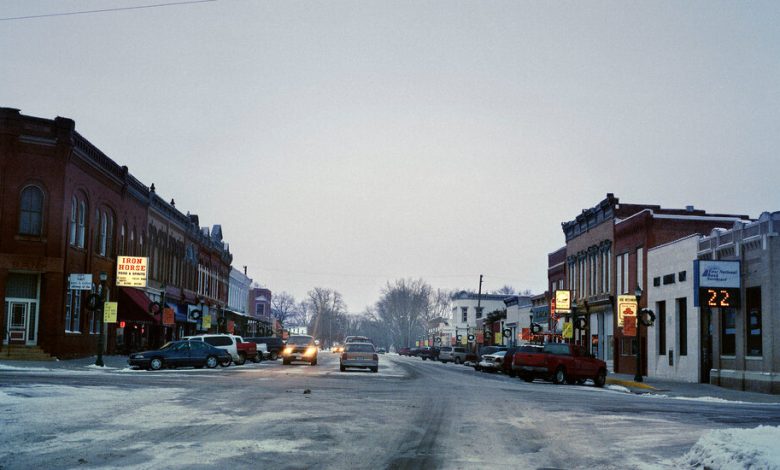The Mystery of White Rural Rage

Will technological progress lead to mass unemployment? People have been asking that question for two centuries, and the actual answer has always ended up being no. Technology eliminates some jobs, but it has always generated enough new jobs to offset these losses, and there’s every reason to believe that it will continue to do so for the foreseeable future.
But progress isn’t painless. Business types and some economists may talk glowingly about the virtues of “creative destruction,” but the process can be devastating, economically and socially, for those who find themselves on the destruction side of the equation. This is especially true when technological change undermines not just individual workers but also whole communities.
This isn’t a hypothetical proposition. It’s a big part of what has happened to rural America.
This process and its effects are laid out in devastating, terrifying and baffling detail in “White Rural Rage: The Threat to American Democracy,” a new book by Tom Schaller and Paul Waldman. I say “devastating” because the hardship of rural Americans is real, “terrifying” because the political backlash to this hardship poses a clear and present danger to our democracy, and “baffling” because at some level I still don’t get the politics.
Technology is the main driver of rural decline, Schaller and Waldman argue. Indeed, American farms produce more than five times as much as they did 75 years ago, but the agricultural work force declined by about two-thirds over the same period, thanks to machinery, improved seeds, fertilizers and pesticides. Coal production has been falling recently, but thanks partly to technologies like mountaintop removal, coal mining as a way of life largely disappeared long ago, with the number of miners falling 80 percent even as production roughly doubled.
The decline of small-town manufacturing is a more complicated story, and imports play a role, but it’s also mainly about technological change that favors metropolitan areas with large numbers of highly educated workers.
Technology, then, has made America as a whole richer, but it has reduced economic opportunities in rural areas. So why don’t rural workers go where the jobs are? Some have. But some cities have become unaffordable, in part because of restrictive zoning — one thing blue states get wrong — while many workers are also reluctant to leave their families and communities.
